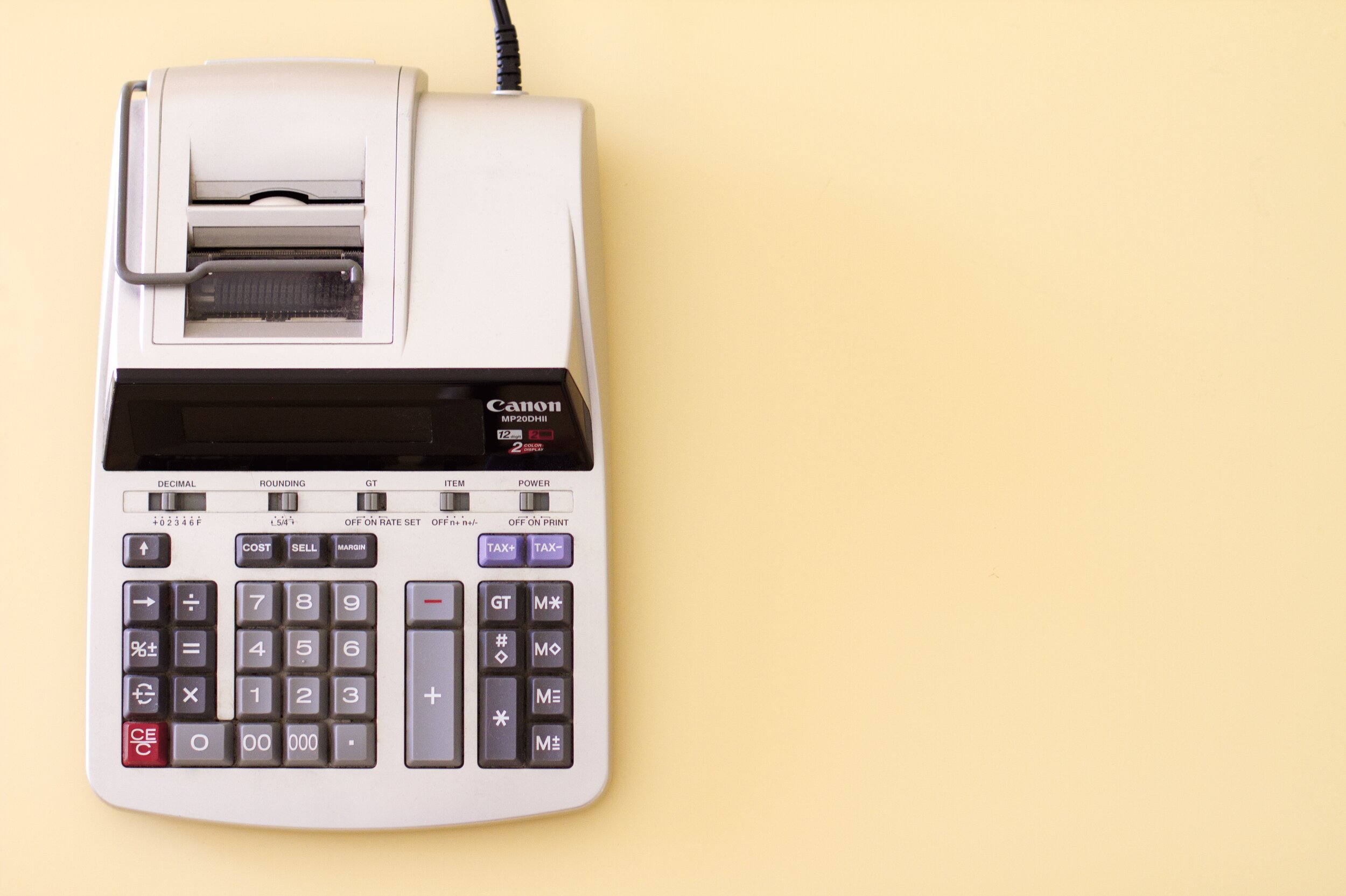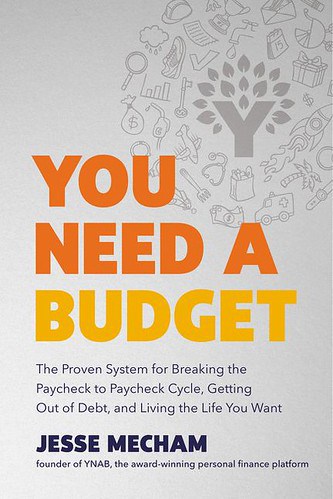Ten Money Questions That You Are Afraid to Ask

If you are new to personal finances or just starting out, it can be overwhelming to talk about money. You are not alone in your fears. Money is a fear that everyone has in some way. Even though you’re given the information without explanation, it’s often difficult to understand a credit card bill or your company’s retirement match program.
I will never forget my very first work orientation. They gave me a booklet on investing to help me decide how much money I could invest and which type of strategy would be best for me. The team from human resources asked me if I still had questions. In my mind, I thought yes, a million. Out loud, I asked, “Can I take this to home for review?”
So, let me ask:
- You may be embarrassed to admit that you do not know what a pension fund is when you are in your 20s.
- Do you worry that you will never be able to understand the potential of those investments you would like to hold?
- Do you worry that people will laugh at you if you ask for help?
One question: How can anyone laugh at you if they feel exactly the same?
We have all been clueless at some point about money. We’ve all been on the same dirt path in search of answers and information, whether we have it under control or are still learning about money. It’s not an easy task. It’s terrifying. As children, we were taught that discussing finances with our friends was unprofessional, rude, and forbidden. It’s not.
I asked 10 people to tell me what was their biggest financial concern or what question they would ask an expert in the field ( , if they were allowed to ask anything), without fear or judgement. Here are the answers.
HOW DO I KNOW IF I’M TAKING A GOOD FINANCIAL RISK?
Others wanted to know when they should start investing. It’s okay that everyone starts somewhere. Start investing now. The perfect moment will not come. Start investing now.
Timing is key when it comes to purchasing a second home. Calculating the growth potential of the property is a good place to begin, as the primary reason to buy this property would to create wealth. Will you spend the time to find the best tenants for your property? Renovate? What are the risks involved? Take into consideration the following.
It’s fine to take calculated career risks. You can ask for the raise you have been wanting, but you must be prepared to explain why you deserve it. The worst that they can say is no. But the result could be a better financial future.
Doing research is the only way to determine if an investment is a risk that can be managed or is a ‘good’ one. Do a thorough analysis of each possible outcome. Sit down and go through the numbers. How do you feel based on the possible outcomes? You need to know how much risk you are comfortable taking financially.
Learn more about the financial risks you face by reading this guide: A Guide for Beginners
How do I save for a home, and am I ready to buy?
A budget will help you save for a downpayment. Create a spreadsheet to divide each category of spending and savings into your goals. Live within your means.
Once you’ve got a downpayment ready, it’s now time to look at houses within your budget. This can be determined by using calculators or by talking to a mortgage expert. You must know that a mortgage is a legal contract stating you will pay back your debt (loan) plus interest. In this case, the collateral is your home. Surprise! In the event of a job loss or an emergency, it is important to only buy what you can afford.
Consider the emotional aspect of home buying as well as the financial. What are your motivations for purchasing a house, and how long will you be living there? List your answers and be realistic about what is best for you.
While many people think of a mortgage as a good debt, it’s important to keep in mind that it is still owed money.
For first time homebuyers in Canada, I recorded a podcast with Budget Bitch:
How much will my wedding cost?
In 2016, I had a small, intimate wedding. My budget was lower than average. It can be hard to translate what you see on Pinterest in a way that is affordable and realistic. Budgeting is the first step in planning and saving for an affordable wedding fund.
How much money are you and your partner willing to spend for this special day? Write down a budget number and then discuss it together. Break down each expense in a worksheet, and stay within the budget.
It’s important to look closely at your budget if you are unable to save each month. You may want to consider a side job that will bring in additional funding for the wedding. Your budget is too high if you can’t save money and will be forced to borrow for the wedding. Nobody wants to begin a marriage with debt.
We paid the full cost of our wedding day, which was under $20,000. I Got Married: How we did it! And I’m Still Debt-Free
WHAT IS A DRESSING FUND AND HOW DO I SAVE IT?
You may be overspending each month if you do not have a Budget in place or financial tracking. You must take your finances more seriously if you want to be financially successful.
Emergency Fund is one of the things that adults have never known they need. It is important to keep a separate savings account for emergencies in the event of an economic downturn. Put aside $20-50 per month in this account and do not touch it until you are absolutely necessary. This fund should eventually be able to cover 3-6 months of salary (or even more).
This is a funny take on the amount you need to have in your emergency fund.
WHAT SAVINGS DO I NEED TO MAKE FOR RETIRING?
Young adults are always asking, researching, or fearing this question. The sooner you begin to prepare for retirement, the better. It’s an excellent question that many people have asked. You can try this calculator.
The Registered Retirement Savings Plan and the Tax Free Savings Account are two great ways to save for retirement. You can achieve your goals with both. There are some differences between them. You’ll pay tax on any RRSP withdraws, because the contributions were made with dollars that weren’t taxed (i.e. they were deductible). Withdrawing and depositing money from a TFSA are free.
After 71 you are not allowed to make contributions to an RRSP and must begin to withdraw this money. A TFSA has no age restriction. Both of these accounts have annual limits.
WE JUST SCRAPED THE Surface
Remember that you are here to learn about money. The education does not stop with a blog post. It’s an opportunity to grow and learn, and find resources which make something intimidating fun.
You can only be as frustrated and scared about your finances as you allow yourself to be. Do not worry about past mistakes or “being behind”. You should focus on your willingness to learn and readiness to prepare.
What financial questions are you afraid to ask or what advice do you want to give to these ten friends I may have overlooked? Tell me in the comments what you think!










+ There are no comments
Add yours